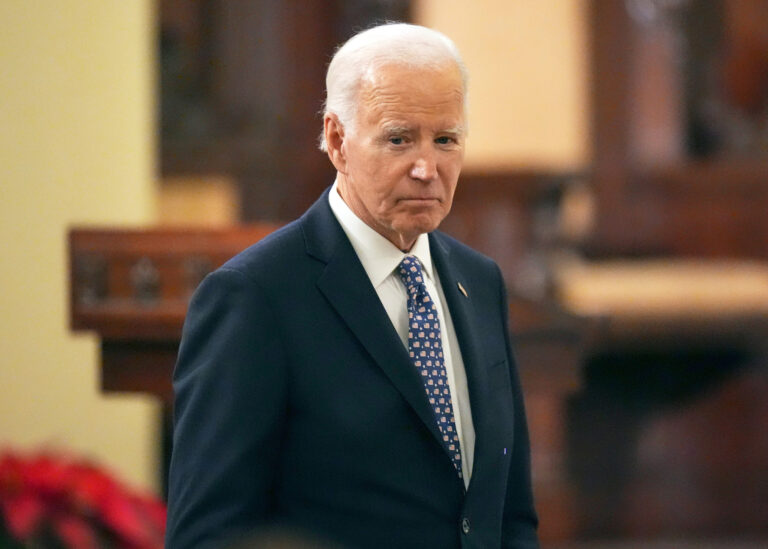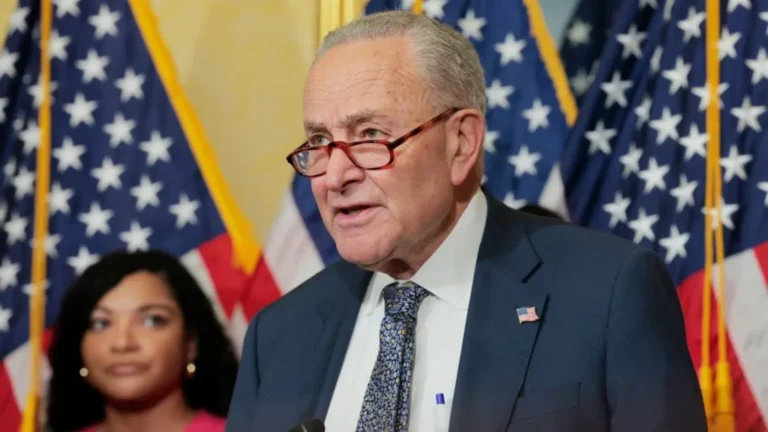Trump Ensures U.S. Troops Are Paid Despite Government Shutdown
Amidst the ongoing political turmoil caused by the federal government shutdown, U.S. military service members received their scheduled pay on October 15, 2025, thanks to proactive efforts from the Trump administration.
The mid-month payday, part of the standard bi-monthly pay cycle for active-duty military personnel, was issued without interruption, providing much-needed relief for service members and their families during a time of widespread uncertainty in Washington, D.C.
The government shutdown, which has left many federal employees uncertain about the future of their paychecks, has not affected the pay of U.S. troops. The Defense Finance and Accounting Service (DFAS), the agency responsible for processing military payroll, confirmed that the payments were successfully processed and delivered on time.
This confirmation came as a critical reassurance for service members, who have relied on their paychecks to meet daily financial obligations such as mortgage payments, utilities, and other living expenses.
In a move that was both unprecedented and crucial, the Trump administration authorized the Pentagon to tap into approximately $8 billion in unobligated research and development funds.
These funds were repurposed to ensure that military paychecks would be issued on schedule. This unprecedented step was taken to prevent any interruptions in compensation for active-duty personnel, an issue that has never occurred in the history of the United States military.
By using these funds, the administration ensured that military members would not face the financial instability that has affected other federal employees due to the shutdown. Despite today’s successful pay delivery, the situation remains precarious for future payments. While U.S. troops were able to receive their paychecks on time this time, there is no guarantee that this will continue if the government shutdown persists.

Hundreds of thousands of federal workers have already been furloughed, with many others working without pay. For these employees, the lack of compensation is creating significant financial stress, and military personnel are not immune to this uncertainty.
While the Trump administration has prioritized military pay, the continuation of compensation beyond this point hinges on the resolution of the ongoing funding gap and the possibility of further financial intervention.
For service members who use direct deposit services, such as those with institutions like USAA or Navy Federal Credit Union, it is possible that their pay was available slightly earlier than the official payday.
These financial institutions often process military pay deposits a day or two in advance, providing members with earlier access to their funds. This early availability of pay can be especially beneficial for service members stationed overseas or in remote locations where access to financial resources can be more limited.
The decision to protect the paychecks of active-duty military personnel during the shutdown highlights the critical importance of maintaining the financial stability and morale of the U.S. military.
While the shutdown has created chaos and uncertainty for many federal workers, the financial security of those serving in uniform remains a priority. It underscores the essential role that service members play in national defense, as well as the need to ensure their financial well-being even when the government is unable to operate at full capacity.
For military families, the mid-month paychecks represent a temporary sigh of relief. Service members who are relying on their pay to support their families, pay bills, and meet other obligations can take comfort in knowing that, for now, their financial routine remains intact.
However, the long-term outlook remains uncertain as the shutdown continues to put pressure on the federal budget and the stability of various government services.
The shutdown has already caused significant disruptions across government operations, with many federal employees facing uncertainty regarding their pay and job security.
While the military has been prioritized for continued compensation, other sectors of the federal workforce have been left without paychecks, creating a ripple effect of financial instability throughout the country.
With no clear end to the shutdown in sight, the broader impact on federal employees remains a major concern.
Despite these challenges, military service members can be assured that their paychecks are being prioritized. The proactive steps taken by the Trump administration to secure funding for military payroll show a commitment to ensuring that U.S. troops are not left behind in times of national crisis.
While the shutdown has exposed deep divisions within the government, it has also highlighted the resilience of the military pay system and the lengths to which the administration is willing to go to protect the financial security of those serving in uniform.
For those service members who have not yet received their pay, it is recommended that they reach out to their local finance office or the DFAS directly. These offices provide support in resolving any discrepancies or delays in payment, ensuring that service members receive the compensation they are owed.
The successful issuance of the October 15 paychecks is a reminder of the strength of the military pay system, even amid external challenges like the government shutdown.
In the broader context of the shutdown, it is clear that the situation is far from resolved. The uncertainty surrounding the future of government operations remains a pressing issue, as many federal workers continue to face economic hardship due to the ongoing political gridlock.

While military personnel have been shielded from these financial struggles, other government employees have been left to navigate the consequences of the shutdown without the guarantee of a paycheck.
For military families, the importance of timely and consistent pay cannot be overstated. In many cases, service members and their families depend on their pay to cover essential living expenses, including rent, utilities, and medical costs.
The uncertainty caused by the shutdown has only amplified the financial stress faced by many service members, particularly those who are stationed in high-cost areas or overseas.
The decision to ensure that military pay continues without interruption is a necessary step in protecting the welfare of these families during a time of national uncertainty.
Moving forward, the continuity of military paychecks will depend on the resolution of the ongoing government funding crisis. If the shutdown persists, additional steps may be required to ensure that service members continue to receive their pay on time.
Whether through further repurposing of funds or other financial interventions, it is clear that maintaining the stability of military pay will remain a top priority for the administration.
The ongoing shutdown also raises questions about the broader impact on federal programs and services. While military personnel have been prioritized for continued compensation, other sectors of the federal workforce have not been as fortunate.
The disruption of services, including delays in federal benefits, education programs, and public health initiatives, underscores the wider consequences of the current political deadlock. As the shutdown continues, the long-term effects on both federal employees and the general public remain uncertain.
In conclusion, the timely payment of U.S. service members on October 15, 2025, represents a significant achievement in the face of ongoing government dysfunction.

While the Trump administration’s intervention ensured that military paychecks were issued as scheduled, the broader implications of the shutdown continue to create uncertainty for many federal workers.
The decision to protect military pay underscores the importance of maintaining the financial well-being of service members, who play a vital role in national defense.
However, as the shutdown continues, it is clear that additional action will be needed to ensure the stability of government operations and the welfare of all federal employees. For now, U.S. troops can take comfort in knowing that their immediate financial needs have been met, even as the future remains uncertain.






